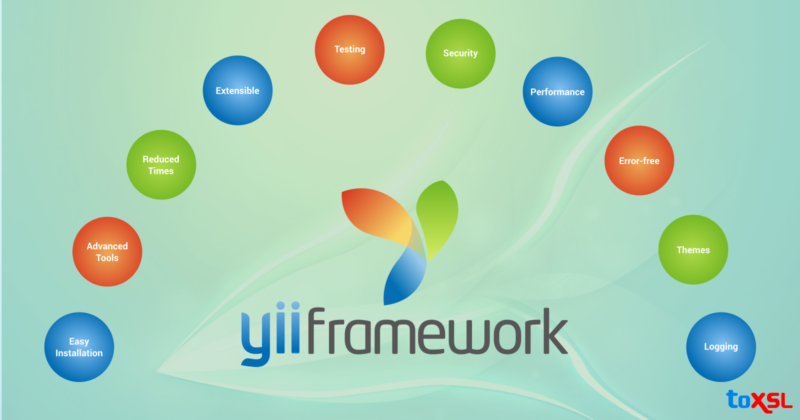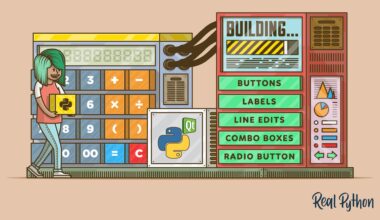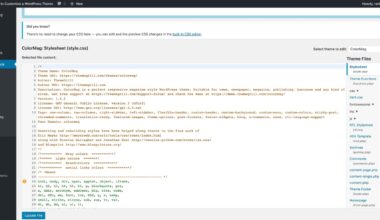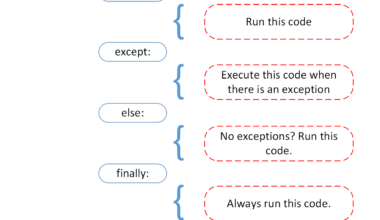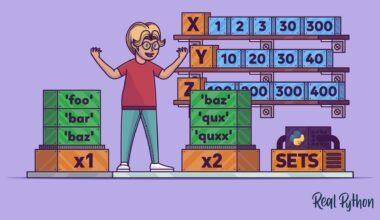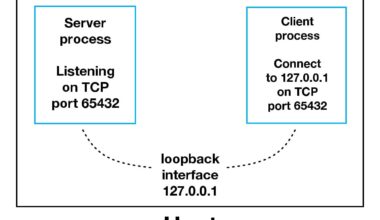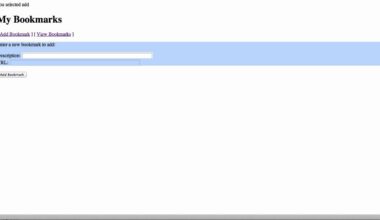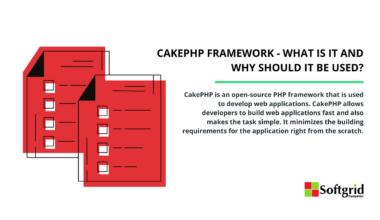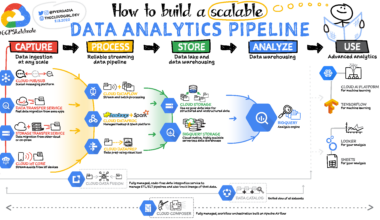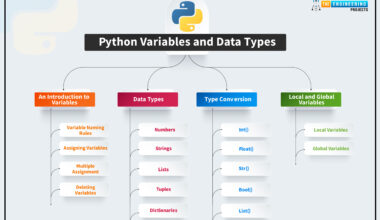Introduction: Understanding PHP and Yii Framework
As a popular programming language, PHP has been widely used in web development for over two decades. It is known for its ease of use, flexibility, and ability to handle complex tasks. However, the use of PHP alone may not suffice for the development of sustainable web applications. This is where Yii Framework comes into play.
Yii (pronounced “yee”) is an open-source, high-performance, and eco-friendly PHP framework that provides developers with a robust set of tools and features to build sustainable web applications. It was first released in 2008 and has since then become one of the most popular PHP frameworks globally.
Yii is designed to promote the development of eco-friendly web applications. It achieves this by providing a set of features that optimize web application performance, reduce energy consumption, and promote sustainability. Yii does this by making use of best practices in software development, including the Model-View-Controller (MVC) architecture, caching, and lazy loading.
With Yii, developers can create web applications that are efficient, reliable, and eco-friendly. The framework is suitable for developing various types of web applications, including e-commerce, content management systems, and social media platforms.
In the next section, we will explore the benefits of using Yii Framework for Eco-Friendly Web Development.
Benefits of Using Yii Framework for Eco-Friendly Web Development
Yii Framework offers a range of benefits that promote sustainable web development. Below are some of the benefits of using Yii Framework for eco-friendly web development:
1. High Performance
Yii Framework is designed to provide high performance and is optimized for speed. Its caching capabilities reduce the amount of time required to access data from the database, thereby reducing energy consumption.
2. MVC Architecture
Yii Framework uses the Model-View-Controller (MVC) architecture, which separates the presentation layer from the business logic and data layers. This separation of concerns enables developers to write cleaner code that is easier to maintain and update. The MVC architecture also promotes sustainability by reducing the amount of energy required to process requests.
3. Lazy Loading
Yii Framework uses lazy loading to load only the necessary components of an application, reducing the amount of energy required to run the application. Lazy loading ensures that components are loaded only when they are needed, thus reducing the overall energy consumption of the application.
4. Security Features
Yii Framework provides a range of security features that help to protect web applications from malicious attacks. These features include input validation, output filtering, and cross-site scripting (XSS) prevention. By ensuring the security of web applications, Yii Framework helps to promote sustainability by reducing the risk of data breaches and cyber attacks.
5. Extensibility
Yii Framework is highly extensible, meaning that developers can easily add new features to an application without affecting the existing code. This extensibility promotes sustainability by reducing the amount of energy required to update an application and by ensuring that the application can be easily updated in the future.
By leveraging these benefits, Yii Framework promotes the development of eco-friendly web applications that are efficient, reliable, and sustainable. In the next section, we will explore some real-life examples of eco-friendly Yii Framework applications.
Key Features of Yii Framework That Promote Sustainability
Yii Framework provides a range of features that promote sustainability and eco-friendliness. These features include:
1. RESTful API Support
Yii Framework provides support for building RESTful APIs, which enables developers to create lightweight and efficient web applications. RESTful APIs enable the transfer of data between multiple systems, reducing the need for additional hardware and energy consumption.
2. Asset Management
Yii Framework provides an asset management system that enables developers to manage an application’s assets efficiently. This system allows developers to compress, bundle, and publish assets, reducing the amount of data transferred between the server and the client, thereby reducing energy consumption.
3. Gii Code Generator
Yii Framework provides a code generator called Gii that helps developers to generate code quickly. This tool reduces the amount of time required to write code, thereby reducing energy consumption.
4. Database Migration
Yii Framework provides a database migration tool that enables developers to manage database changes easily. This tool reduces the amount of time and energy required to update a database, thereby promoting sustainability.
5. Internationalization and Localization Support
Yii Framework provides support for internationalization (i18n) and localization (L10n). These features enable developers to create web applications that can be easily translated into multiple languages. This reduces the amount of energy required to create and maintain separate versions of an application for different languages.
By leveraging these key features, Yii Framework enables developers to create efficient, reliable, and sustainable web applications. The next section will explore some real-life examples of eco-friendly Yii Framework applications.
Case Studies: Real-Life Examples of Eco-Friendly Yii Framework Applications
Yii Framework has been used to develop various eco-friendly web applications that promote sustainability. Here are some real-life examples of Yii Framework applications that are eco-friendly:
1. GreenSocks
GreenSocks is an online platform that connects people with local laundry and dry cleaning services. The platform was developed using Yii Framework and is optimized for energy efficiency. GreenSocks uses Yii’s caching capabilities to reduce the amount of time required to access data from the database, thereby reducing energy consumption. The platform also uses lazy loading to load only the necessary components of the application, reducing overall energy consumption. By using Yii Framework, GreenSocks has been able to create an eco-friendly platform that promotes sustainability.
2. EcoCart
EcoCart is an e-commerce platform that enables shoppers to offset the carbon footprint of their purchases. The platform was developed using Yii Framework and is optimized for energy efficiency. EcoCart uses Yii’s RESTful API support to enable the transfer of data between multiple systems, reducing the need for additional hardware and energy consumption. The platform also uses Yii’s asset management system to compress, bundle, and publish assets, reducing the amount of data transferred between the server and the client, thereby reducing energy consumption. By using Yii Framework, EcoCart has been able to create an eco-friendly platform that promotes sustainability.
3. SolarHub
SolarHub is an online platform that connects homeowners with solar panel installers. The platform was developed using Yii Framework and is optimized for energy efficiency. SolarHub uses Yii’s security features to protect the platform from malicious attacks, thereby reducing the risk of data breaches and cyber attacks. The platform also uses Yii’s database migration tool to manage database changes easily, reducing the amount of time and energy required to update the database. By using Yii Framework, SolarHub has been able to create an eco-friendly platform that promotes sustainability.
These are just a few examples of Yii Framework applications that promote sustainability and eco-friendliness. Yii Framework’s key features, including high performance, MVC architecture, lazy loading, security features, and extensibility, enable developers to create efficient, reliable, and sustainable web applications. In the next section, we will explore the future of eco-friendly web development with PHP and Yii
Final Thought: The Future of Eco-Friendly Web Development with PHP and Yii
As the world continues to move towards sustainable living, eco-friendly web development has become more critical than ever before. PHP and Yii Framework are well-positioned to lead the charge towards sustainable web development.
Yii Framework’s focus on energy efficiency, security, and extensibility makes it an ideal choice for building eco-friendly web applications. The framework’s key features, including RESTful API support, asset management, Gii code generator, database migration, and internationalization and localization support, enable developers to create efficient, reliable, and sustainable web applications.
As more businesses and organizations look to reduce their carbon footprint, the demand for eco-friendly web applications will continue to grow. PHP and Yii Framework are well-suited to meet this demand and will play a significant role in the future of sustainable web development.
In conclusion, Yii Framework offers a range of benefits that promote sustainable web development, including high performance, MVC architecture, lazy loading, security features, and extensibility. These features enable developers to create efficient, reliable, and sustainable web applications that meet the growing demand for eco-friendly solutions. As we move towards a more sustainable future, Yii Framework will continue to be a key player in the development of eco-friendly web applications.
